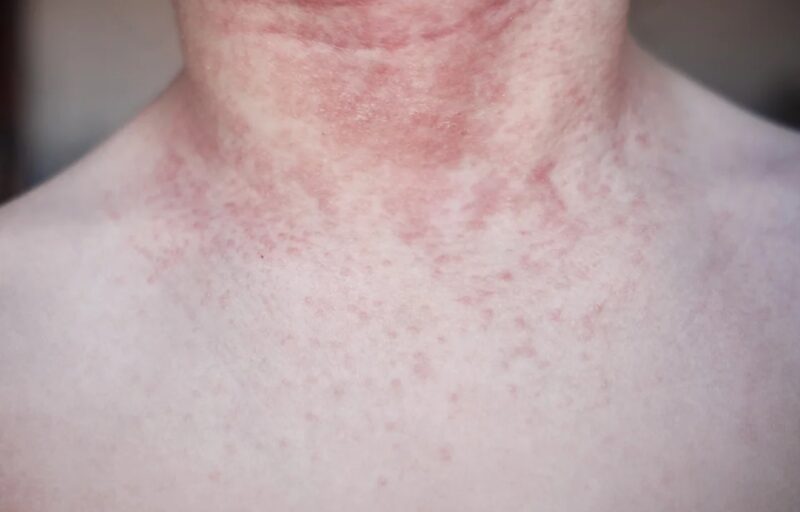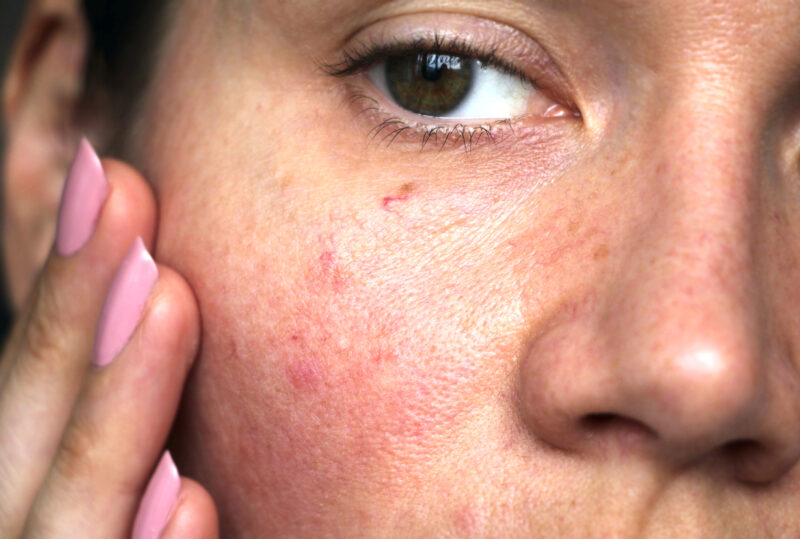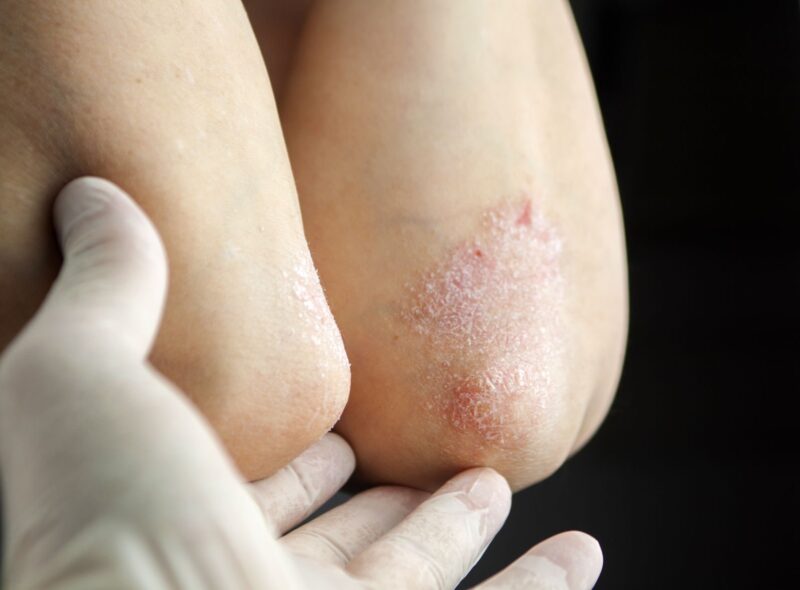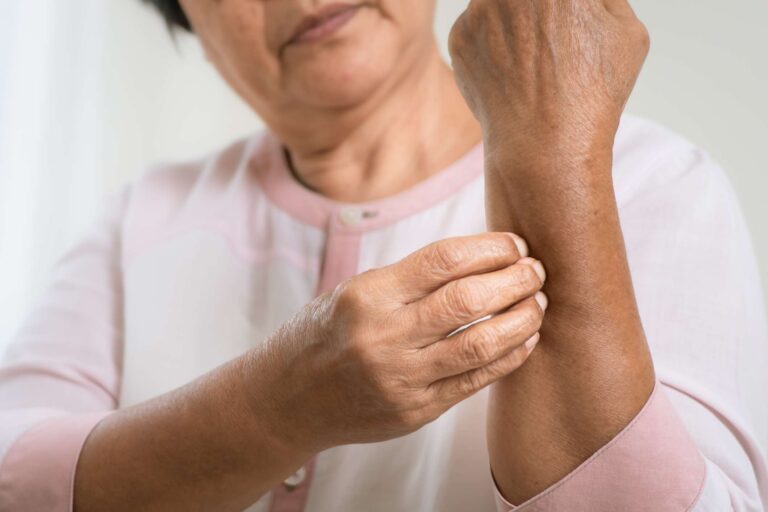In recent years, the relationship between diet and skin health has garnered significant attention. One particular element of the diet that has come under scrutiny is gluten. Gluten is a protein found in wheat, barley, and rye, and it plays a key role in the structure and texture of many baked goods.
While gluten sensitivity and its effects on the digestive system are well-documented, their impact on the skin is an area of ongoing research and debate.
The Link Between Gluten and Skin Reactions
For individuals with celiac disease, an autoimmune disorder triggered by the ingestion of gluten, skin problems can be a common symptom. Dermatitis herpetiformis, a blistering and intensely itchy dermis rash, is one such manifestation of the skin’s reaction to gluten.
This condition is strongly associated with celiac disease and is believed to be an autoimmune reaction to gluten. The antibodies produced in response to consumption can also target the epidermis, leading to inflammation and the characteristic skin rash.
Non-Celiac Gluten Sensitivity and Skin Issues

Beyond celiac disease, some individuals report experiencing skin issues related to consumption, despite not testing positive for celiac disease. This condition is known as non-celiac sensitivity (NCGS).
While the exact mechanisms are not fully understood, some people with NCGS have reported improvements in dermis health upon adopting a gluten-free diet. These improvements could be attributed to reduced inflammation triggered by consumption.
Acne and Gluten
The potential link between acne and consumption has intrigued many, with anecdotal accounts suggesting a connection. Some individuals report experiencing a reduction in acne severity after eliminating gluten from their diets.
However, scientific evidence regarding this relationship remains limited and inconclusive. While sensitivity might trigger inflammation in certain individuals, leading to dermis issues, more research is needed to establish a definitive link between gluten and acne.
As of now, those concerned about the impact on their acne should consult healthcare professionals and consider personalized dietary adjustments while maintaining an overall healthy skincare routine.
The Role of Inflammation

Inflammation is a common factor in many skin conditions, and its impact on the immune system may play a role in dermis reactions. In susceptible individuals, the consumption might lead to an inflammatory response that manifests on the epidermis.
This inflammation could exacerbate existing dermis conditions or trigger new ones.
Implications for Skincare
For individuals who suspect it might be affecting their skin, consulting a healthcare professional is crucial. Dermatologists and allergists can help diagnose any underlying conditions and recommend appropriate dietary changes or treatments.
It’s important to note that self-diagnosing and making drastic dietary changes without professional guidance can lead to nutritional imbalances and other health issues.
Conclusion

The relationship between gluten and skin reactions is a complex and evolving area of research.
While some individuals with celiac disease or non-celiac sensitivity may experience skin problems related to its consumption, more scientific evidence is needed to fully understand these connections.
If you suspect that gluten might be affecting your dermis, seek guidance from a healthcare professional before making any dietary changes. Maintaining a balanced diet and practicing good skincare habits remain essential components of overall skin health.

